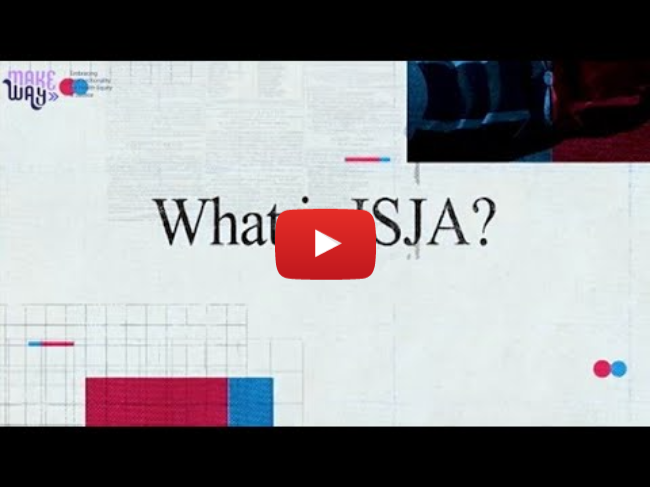Trump risks worldwide health crisis
Donald Trump’s return as US president marks a turning point for global health. His decisions to dissolve USAID and withdraw from the World Health Organization (WHO) put millions of lives at risk. In an opinion piece for de Volkskrant, our director, Mariëlle Bemelmans, argues that the Netherlands and the EU must step up to counter these developments and help close the emerging gaps. Read the article (in Dutch) ➔ |
|
|
|
 |
Foreign Trade & Development Aid policy threatens progress
Last week, the Dutch Foreign Trade & Development Minister Klever released her long-awaited policy letter, outlining deep budget cuts—rising to €2.4 billion by 2027. While she claims to prioritize Dutch interests, this policy risks undoing decades of progress, harming vulnerable communities and damaging the Netherlands' reputation as a reliable trade and development partner. Read our response ➔ |
|
|
|
 |
EU: stop rich member states poaching doctors and nurses
In an opinion piece for EUobserver, our director Mariëlle Bemelmans calls on the European Commissioner for Health & Animal Welfare, Olivér Várhelyi, to end EU countries' competition for each other’s health workers and spearhead united European action to solve the critical health workforce shortages in the EU. She reiterated her call in a radio interview for Luxembourg public radio 100,7. Read the article ➔ |
|
|
|
 |
Our feedback to FfD4: fair financing for health equity
As the world prepares for the 4th International Conference on Financing for Development (FfD4), we shared feedback on the zero draft outcome document with staff of the Dutch Ministry of Foreign Affairs and members of the European Parliament. FfD4 is a pivotal moment for governments to commit to structural reforms that advance public financing, health equity and create a fairer global financial architecture. Our response highlights key priorities to foster health and financial justice and includes concrete textual suggestions. Read our feedback ➔ |
|
|
|
 |
New video shows the Intersectional See Judge Act tool in action
A new video showcases the Make Way programme's Intersectional See Judge Act (ISJA) tool in action, bringing together religious leaders, health providers and youth in Kenya. It captures a two-day event where participants used faith-based approaches to sexual and reproductive health and rights through discussions, performances and activities. Watch as they evaluate youth services, identify access barriers and explore solutions that better safeguard their rights and health needs. Learn more about the event ➔ |
|
|
|
 |
Belgian Chamber on transparency and fair medicine prices
The Belgian Chamber of Representatives is drafting bills to ensure fair prices for new medicines. At the request of the Belgian Chamber, Wemos, together with other organizations, provided advice on this topic. For example, we are in favour of the so-called ‘cost-plus-plus’ model, which is based on the WHO’s definition of fair medicine pricing. The developments in Belgium can serve as an example for other countries, like the Netherlands. Read more ➔ |
|
|
|
Wemos tips and picks
In the book 'The Health Gap', Michael Marmot, Professor of Epidemiology and Public Health, explains how age, nationality, income, social inclusion and other non-medical factors influence people's health and well-being. Using striking evidence, he makes a link between social and economic inequalities with health outcomes, to reveal that health equity is ultimately a matter of social justice. |
|
|
|
|
© Wemos - 2025 - Sent to _t.e.s.t_@example.com - Unsubscribe Wemos, Plantage Middenlaan 14, 1018 DD Amsterdam, The Netherlands |
|
|
|
|